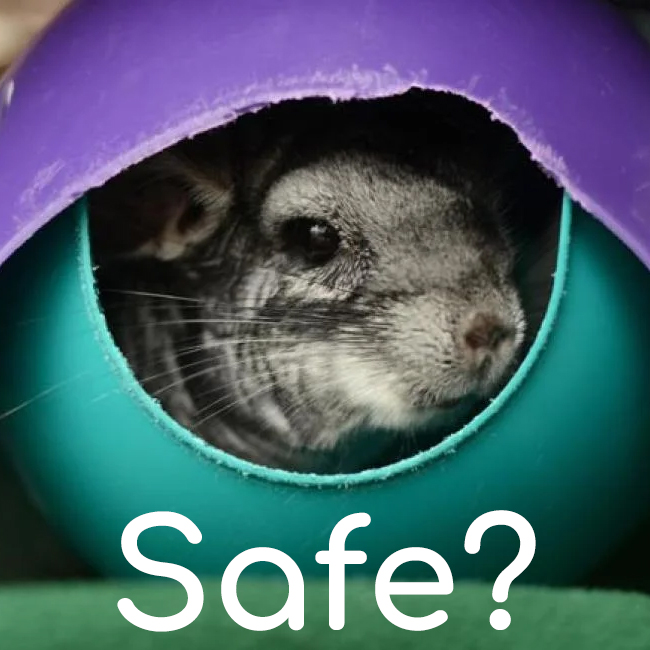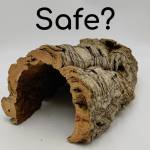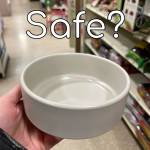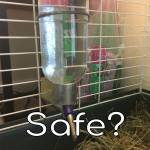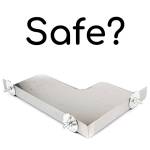Chinchillas are active, curious, and intelligent pets that require a lot of attention and care. One of the essential aspects of their well-being is providing them with a safe and stimulating environment. To achieve this, many chinchilla owners use various cage accessories, such as toys, hideouts, and exercise wheels. However, when it comes to choosing the materials for these accessories, there are many factors to consider, especially when it comes to plastic. In this article, we will explore the safety of plastic accessories for chinchillas and the pros and cons of using them.
What is Plastic?
Plastic is a synthetic material made of various organic polymers, such as polyethylene, polypropylene, and polyvinyl chloride (PVC). These polymers are combined with other chemicals and additives to create different types of plastic, such as soft and flexible plastic, rigid plastic, and high-impact plastic. Plastic is a versatile material that is used in many products, including toys, food packaging, and household items.
The Pros of Using Plastic Accessories for Chinchillas
There are several benefits of using plastic accessories in your chinchilla’s cage:
- Easy to Clean: Plastic accessories are easy to clean and disinfect, which is essential for maintaining your chinchilla’s hygiene and health.
- Durable: Plastic accessories are durable and long-lasting, which makes them a cost-effective option compared to other materials.
- Lightweight: Plastic accessories are lightweight, which makes them easy to move around and rearrange in your chinchilla’s cage.
- Variety: Plastic accessories come in various shapes, sizes, and colors, providing a wide range of options to choose from and keeping your chinchilla’s environment stimulating.
The Cons of Using Plastic Accessories for Chinchillas
While plastic accessories have their advantages, they also have some drawbacks that you should consider:
- Chewing Hazard: Chinchillas love to chew on anything they can get their teeth on, including plastic. If your chinchilla chews on plastic accessories, it can lead to serious health problems, such as intestinal blockages or choking.
- Toxicity: Some types of plastic can be toxic to chinchillas if ingested, causing symptoms such as lethargy, loss of appetite, and diarrhea. Additionally, plastic can release harmful chemicals and fumes when heated, which can be dangerous to your chinchilla’s respiratory system.
- Environmental Impact: Plastic is not biodegradable and can have a significant impact on the environment, polluting landfills and oceans. Choosing eco-friendly materials, such as wood or bamboo, can help reduce your carbon footprint and contribute to a more sustainable future.
Alternatives to Plastic Accessories
If you decide that plastic accessories are not the best choice for your chinchilla’s cage, there are several alternatives to consider:
- Wood: Wood is a natural and safe material that chinchillas love to chew on. Wooden accessories, such as hideouts, ledges, and toys, are widely available and can be easily cleaned and sanitized.
- Ceramic: Ceramic accessories, such as food bowls and water bottles, are a durable and non-toxic option that can withstand your chinchilla’s chewing and jumping.
- Metal: Metal accessories, such as exercise wheels and playpens, are sturdy and long-lasting, but make sure to choose non-toxic and rust-resistant materials, such as stainless steel or aluminum.
In conclusion, the safety of plastic accessories for chinchillas depends on several factors, such as the type of plastic, its toxicity level, and your chinchilla’s behavior. While plastic has its benefits, such as being easy to clean and durable, it also poses risks, such as choking and toxicity. As a chinchilla owner, it’s crucial to weigh the pros and cons and make an informed decision about the materials you use in your chinchilla’s cage.
Ultimately, your chinchilla’s health and safety should be your top priority, so it’s essential to choose materials that are non-toxic, durable, and stimulating. If you’re unsure about the safety of a particular material or accessory, consult with a veterinarian or a reputable chinchilla expert for guidance.
By taking the time to research and carefully choose your chinchilla’s cage accessories, you can create a safe and stimulating environment that will keep your furry friend happy and healthy for years to come.

